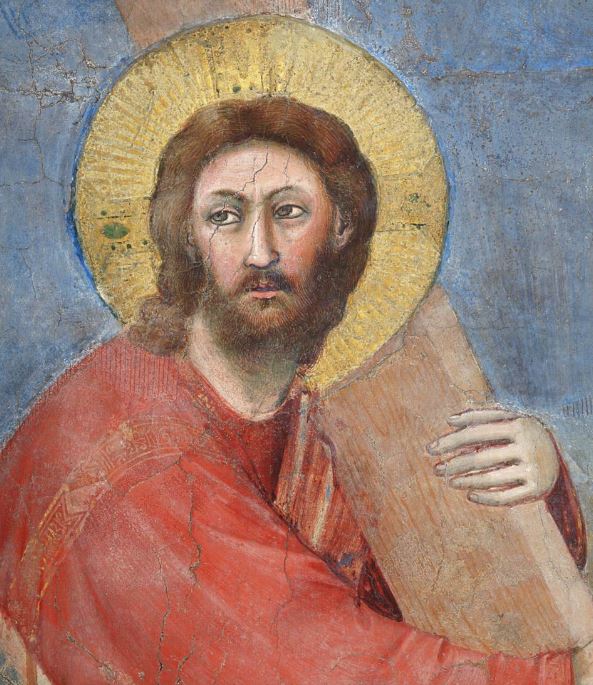Editor’s Note: This is the twelfth in a series of articles on St. Augustine, one of the greatest of Church Fathers, and how his writings still apply today.
To Carthage then I came
Burning burning burning burning
O Lord Thou pluckest me out
O Lord Thou pluckest
burning…
(T.S. Eliot, The Waste Land)
 Eliot’s allusion, among countless others strewn about the pages of the single most consequential poem of the last century—so many “fragments,” he called them, “shored against my ruins”—recalls the famous opening line from Book III of the Confessions, where a youthful Augustine, having come at last to Carthage, finds himself “in the midst of a hissing cauldron of lust.” He is not yet in love, he tells us, but nevertheless finds himself “in love with the idea of being in love.” But finding no object with which to slake so imperious a need, he is reduced to a kind of howling frustration that will not go away. And a self-loathing that only sharpens the torture.
Eliot’s allusion, among countless others strewn about the pages of the single most consequential poem of the last century—so many “fragments,” he called them, “shored against my ruins”—recalls the famous opening line from Book III of the Confessions, where a youthful Augustine, having come at last to Carthage, finds himself “in the midst of a hissing cauldron of lust.” He is not yet in love, he tells us, but nevertheless finds himself “in love with the idea of being in love.” But finding no object with which to slake so imperious a need, he is reduced to a kind of howling frustration that will not go away. And a self-loathing that only sharpens the torture.
“Scratching the itching sore of lust,” is how he will describe it. “Although my real need was for you, my God, who are the food of the soul, I was not aware of this hunger.” And so he will stagger drunkenly about in the shadows, feasting on food that quickly spoils, while the deepest desires of his heart go unassuaged. “The only hope, or else despair,” writes Eliot in Four Quartets …..





 Eliot’s allusion, among countless others strewn about the pages of the single most consequential poem of the last century—so many “fragments,” he called them, “shored against my ruins”—recalls the famous opening line from Book III of the Confessions, where a youthful Augustine, having come at last to Carthage, finds himself “in the midst of a hissing cauldron of lust.” He is not yet in love, he tells us, but nevertheless finds himself “in love with the idea of being in love.” But finding no object with which to slake so imperious a need, he is reduced to a kind of howling frustration that will not go away. And a self-loathing that only sharpens the torture.
Eliot’s allusion, among countless others strewn about the pages of the single most consequential poem of the last century—so many “fragments,” he called them, “shored against my ruins”—recalls the famous opening line from Book III of the Confessions, where a youthful Augustine, having come at last to Carthage, finds himself “in the midst of a hissing cauldron of lust.” He is not yet in love, he tells us, but nevertheless finds himself “in love with the idea of being in love.” But finding no object with which to slake so imperious a need, he is reduced to a kind of howling frustration that will not go away. And a self-loathing that only sharpens the torture.

